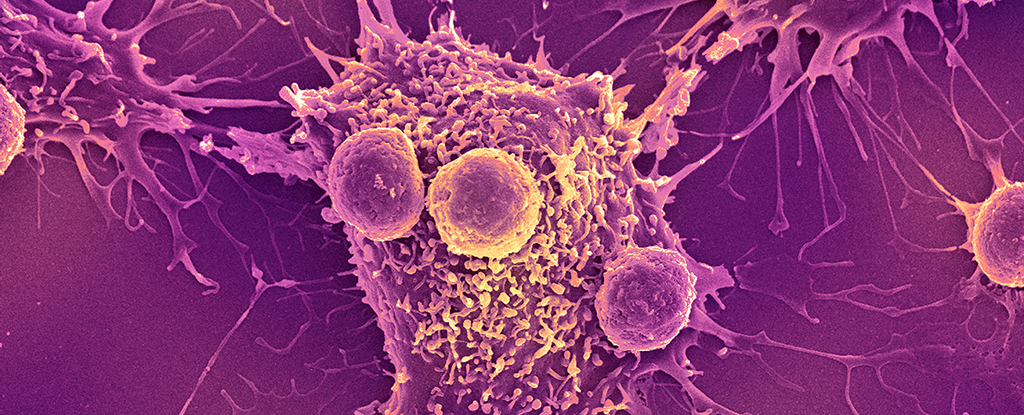
A new vaccine, named ELI-002 2P, has shown promising results in treating two particularly aggressive forms of cancer: pancreatic and colorectal cancers. These cancers are notoriously difficult to treat and have high recurrence rates after initial therapies. The vaccine, developed by researchers from various institutions across the United States, specifically targets mutations in the KRAS gene, which are implicated in approximately 93 percent of pancreatic cancers and 50 percent of colorectal cancers.
The vaccine employs a unique delivery system that directs its active ingredient to the lymph nodes, enhancing its effectiveness by targeting areas of the immune system where numerous immune cells reside. As noted by Zev Wainberg, a medical oncologist at the University of California, Los Angeles, this advancement is significant for patients battling cancers driven by KRAS mutations, especially given the limited effective therapies available for pancreatic cancer.
Results from a recent clinical trial involving 25 participants recovering from these cancers demonstrated positive outcomes. Each participant had undergone surgery to remove tumors and subsequently exhibited signs of potential cancer recurrence. Following a series of injections with the vaccine, 84 percent of the individuals developed T cells specifically targeting the mutant KRAS proteins. Remarkably, 24 percent of the participants showed complete clearance of tumor traces.
Among those who exhibited the strongest immune response—17 out of 24—most remained cancer-free during the follow-up, which averaged nearly 20 months. Wainberg expressed optimism regarding these findings, stating, “Patients who developed strong immune responses to the vaccine remained disease-free and survived for much longer than expected.”
The overall results revealed a median relapse-free survival of 16.33 months and a median overall survival of 28.94 months, significantly surpassing what is typically anticipated for such aggressive cancers. The study’s design as an ‘off-the-shelf’ vaccine means it does not require customization for each patient, thus streamlining the treatment process.
While further trials are necessary to comprehensively assess the vaccine’s risks and benefits, the results provide strong evidence that ELI-002 2P could offer extended health to those facing pancreatic and colorectal cancers. Moreover, researchers noted that the vaccine appears to train the immune system to combat other cancer mutations, hinting at broader applications in the fight against cancer.
Wainberg emphasized the significance of targeting KRAS, a longstanding challenge in cancer therapy, stating, “This study shows that the ELI-002 2P vaccine can safely and effectively train the immune system to recognize and fight cancer-driving mutations. It offers a promising approach to generating precise and durable immune responses without the complexity or cost of fully personalized vaccines.”
The findings from this study have been published in the esteemed journal Nature Medicine, marking a potential turning point in the treatment landscape for these challenging cancers.







